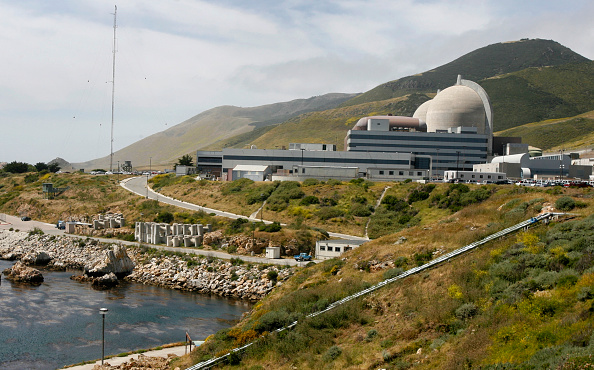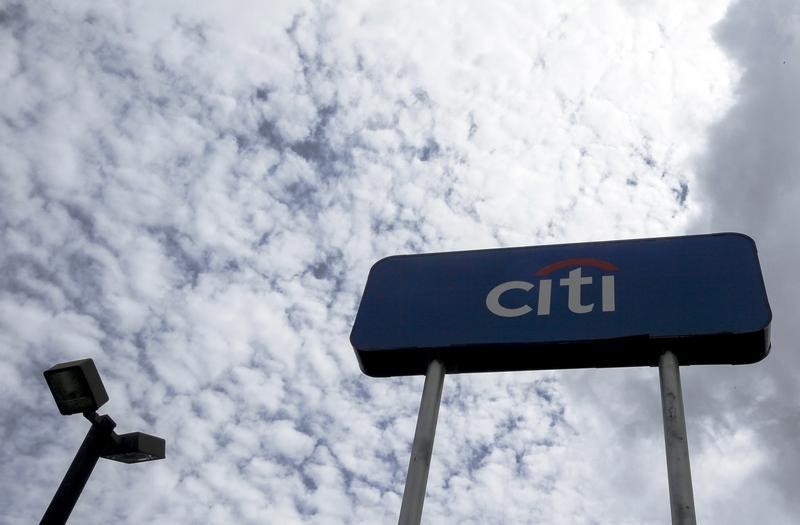Receive free Global Economy updates
We’ll send you a myFT Daily Digest email rounding up the latest Global Economy news every morning.
The writer is a financial journalist and author of ‘More: The 10,000-Year Rise of the World Economy’
It is all too easy for investors to get caught up in the short-term news and focus on the latest profit warning, or utterance from the chair of the US Federal Reserve. But those who take the long view should concentrate on five factors that help to drive the growth of the global economy and investment returns — demography, energy supply, debt, inflation and geopolitics.
These factors interact in complex ways that make forecasting particularly difficult. Take demography. The ageing profiles of western populations mean that overall economic growth will be even harder to achieve in the future, as Japan has already shown (although it has not done so badly in terms of gross domestic product per capita). To date, ageing populations have also been associated with low inflation and low interest rates. Baby boomers have saved money for retirement, keeping up the supply of savings while sluggish economic growth rates have discouraged business investment.
All that may change, as Charles Goodhart and Manoj Pradhan argued in their book The Great Demographic Reversal. Old people will spend their accumulated savings, particularly when they need care for conditions such as dementia, while the shortage of workers will drive up the bargaining power of labour, and thus real wages. Inflation, and interest rates, will rise.
The recent surge in prices and rates owes a lot more, of course, to two of the other five factors: geopolitics and energy supply. Over the past 20 years or so, geopolitics have caused the occasional market wobble but investors have learned to regard wars and occasional terrorist attacks as short-term phenomena. In the very long run, however, geopolitics are highly significant; the world economy would look a lot different today if Deng Xiaoping had not shifted China towards being an export-oriented, market-tolerating economy in the 1980s.
The use of energy supply as a geopolitical weapon began in the 1970s with the Opec oil embargo and quadrupling of the crude price that created stagflation in the western economies. Russia’s invasion of Ukraine has demonstrated Europe’s dependence on Vladimir Putin’s regime for its gas supply.
And as the western world tries to move away from fossil fuels, it faces another geopolitical challenge; two Chinese companies produce more than 50 per cent of electric car batteries in the world while China’s share of global solar panel production is a remarkable 80 per cent. Given the Chinese regime’s oft-stated desire to “reunite” with Taiwan, a country with a democratically elected government, there may be more geopolitical flashpoints to come.
China’s development may also determine the outlook for global inflation. The cheap goods produced by China over the past 30 years may well have played a bigger role than the supposed expertise of central bankers in keeping inflation low. But China’s working age population is now in steady decline and its growth performance has wobbled in recent years. In addition, geopolitical tensions mean that globalisation, while not in retreat, has stalled; in 2022, exports were slightly lower, as a proportion of global GDP, than they were in 2008. Since globalisation is such a competitive force, its slowdown may have reduced a constraint on inflation.
If the world has moved into an era when inflation is more likely to surprise on the upside, this has important implications for markets. Central banks will have to keep interest rates higher than they did during the 2010s. One key bullish argument for risky assets, such as equities, is that low interest rates reduce the discount rate that needs to be applied to future cash flows. That increases the present value of assets. By extension, therefore, higher rates should reduce valuations. Furthermore, higher yields on bonds and cash increase their short-term attractiveness, relative to equities.
An even bigger problem is that consumers, companies and governments have taken advantage of low interest rates to borrow money cheaply. During the Covid pandemic, the ratio of public and non-financial private sector debt to global GDP peaked at 257 per cent in 2020, according to the IMF. It dropped back 10 percentage points in 2021 but was still more than double its level in the early 1980s, when interest rates were at a historic high.
Only a portion of that debt has to be refinanced in any given year but inevitably, when it does, some borrowers will come under strain. There has already been a mini-banking crisis in the spring of 2023 and, as Torsten Slok of Apollo Global Management points out, the default rate on both bonds and leveraged loans has started to pick up.
To sum up, five big factors seem to be creating significant headwinds for global markets over the long term. Demography will mean slower growth; energy supplies may be more disrupted; the hangover of debt will be more costly if inflation and interest rates are higher; and all this will be exacerbated by geopolitical shocks. That doesn’t mean it won’t be possible to make money out of risky assets. But it is likely to be a lot more difficult doing so than it was in the 2010s.











.png?itok=Y9tAtbdi)




